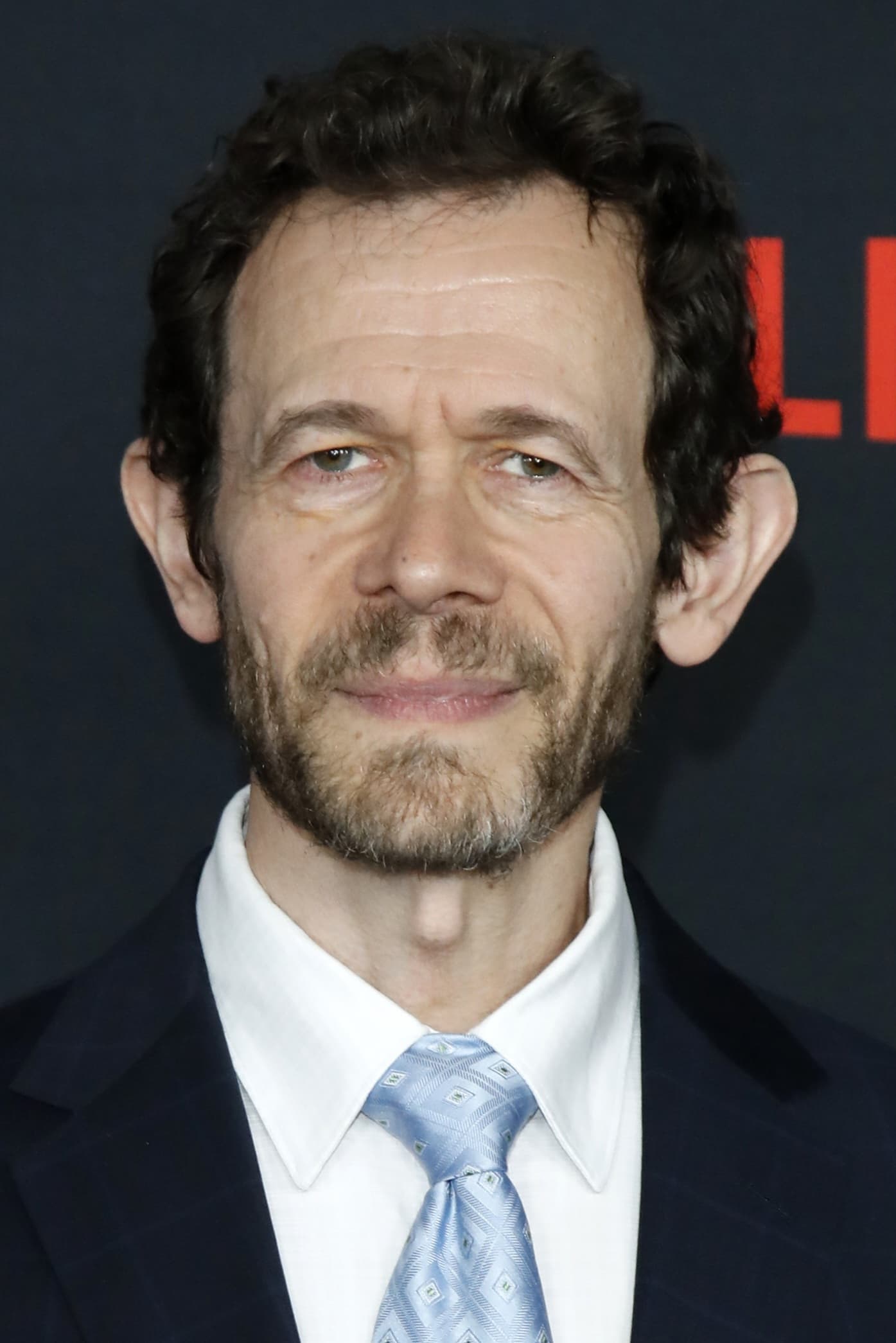
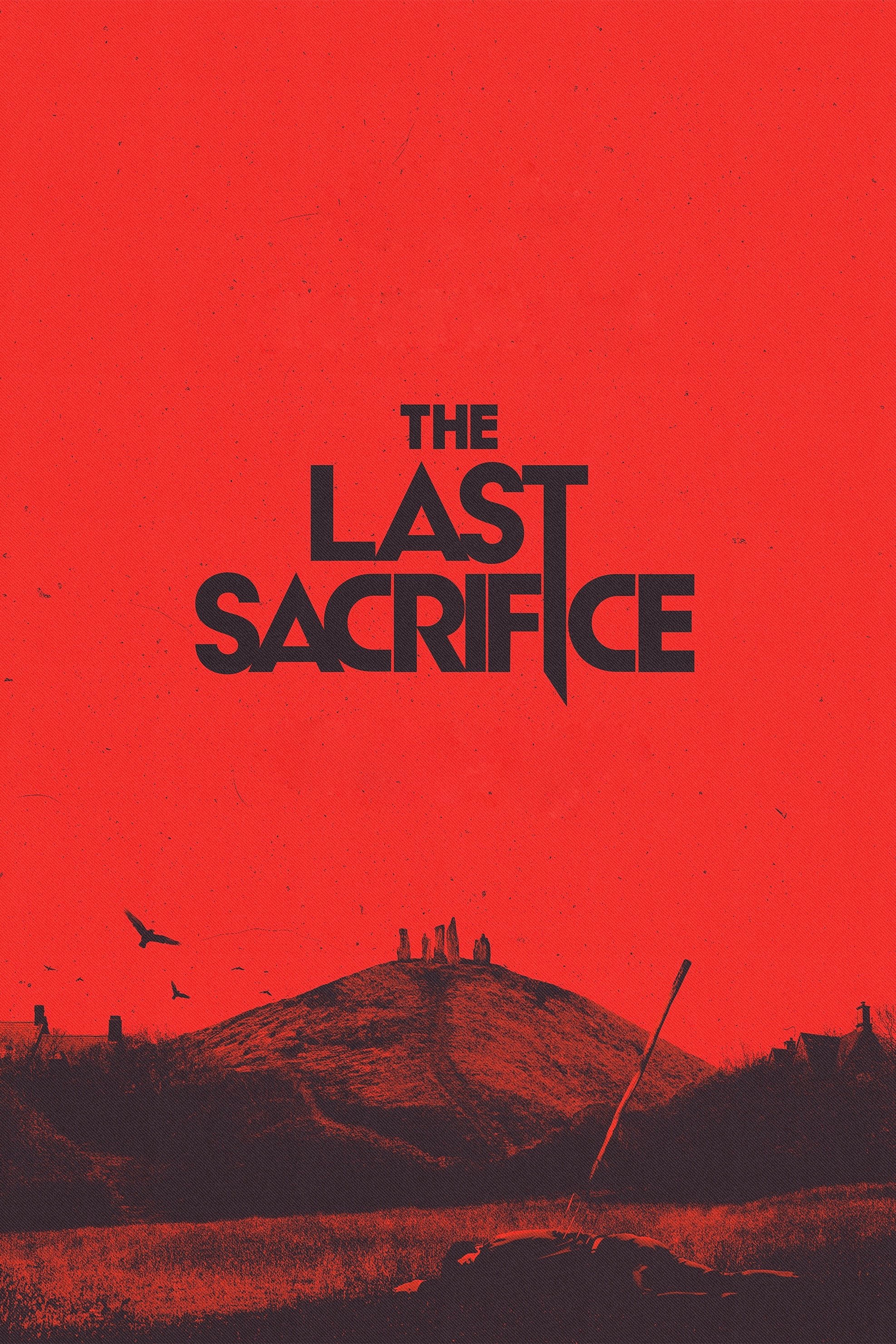
The Last Sacrifice delves into the real-life 1945 witchcraft killing of Charles Walton—the terrifying event that inspired The Wicker Man and birthed the folk horror genre. This unsettling true-crime interrogation probes into the eerie, enigmatic cultural undercurrents that shaped 1970's folk horror genre, leaving an indelible mark on cinema and public psyche. The Last Sacrifice uncovers an unflinching portrayal of Britain's profound identity crisis, both during the tumultuous early 1970s and the resurgence of folk horror today, ominously coinciding with yet another national descent into madness. Its conclusion: The Wicker Man is more fact than fiction.

A dysfunctional family that can't seem to get along and get it together reluctantly reunites for a family wedding. As their many skeletons are wrenched from the closet, it turns out to be just what this singular family needs to reconnect.
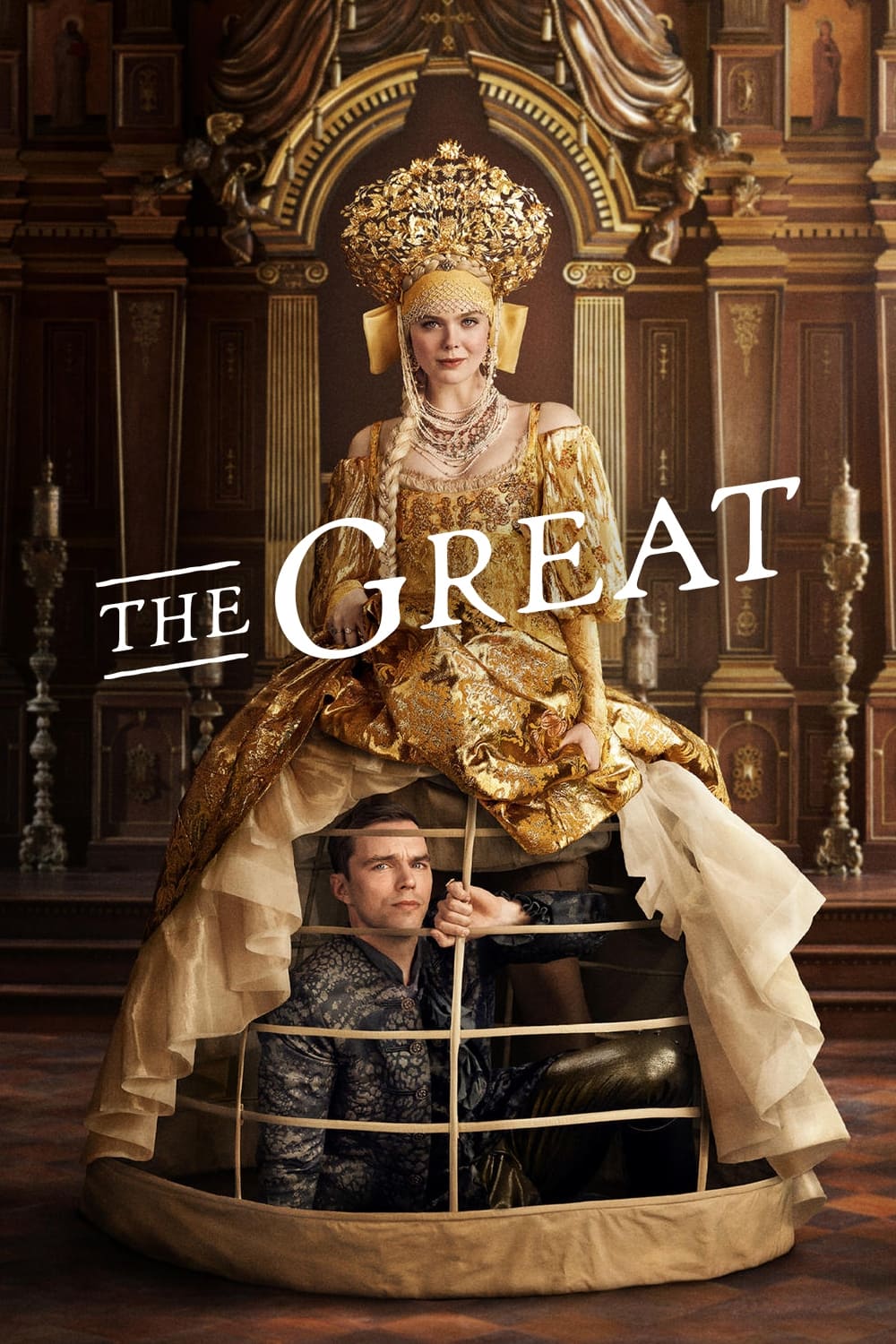
A genre-bending, anti-historical ride through 18th century Russia following the rise of Catherine the Nothing to Catherine the Great and her explosive relationship with husband Peter, the emperor of Russia.
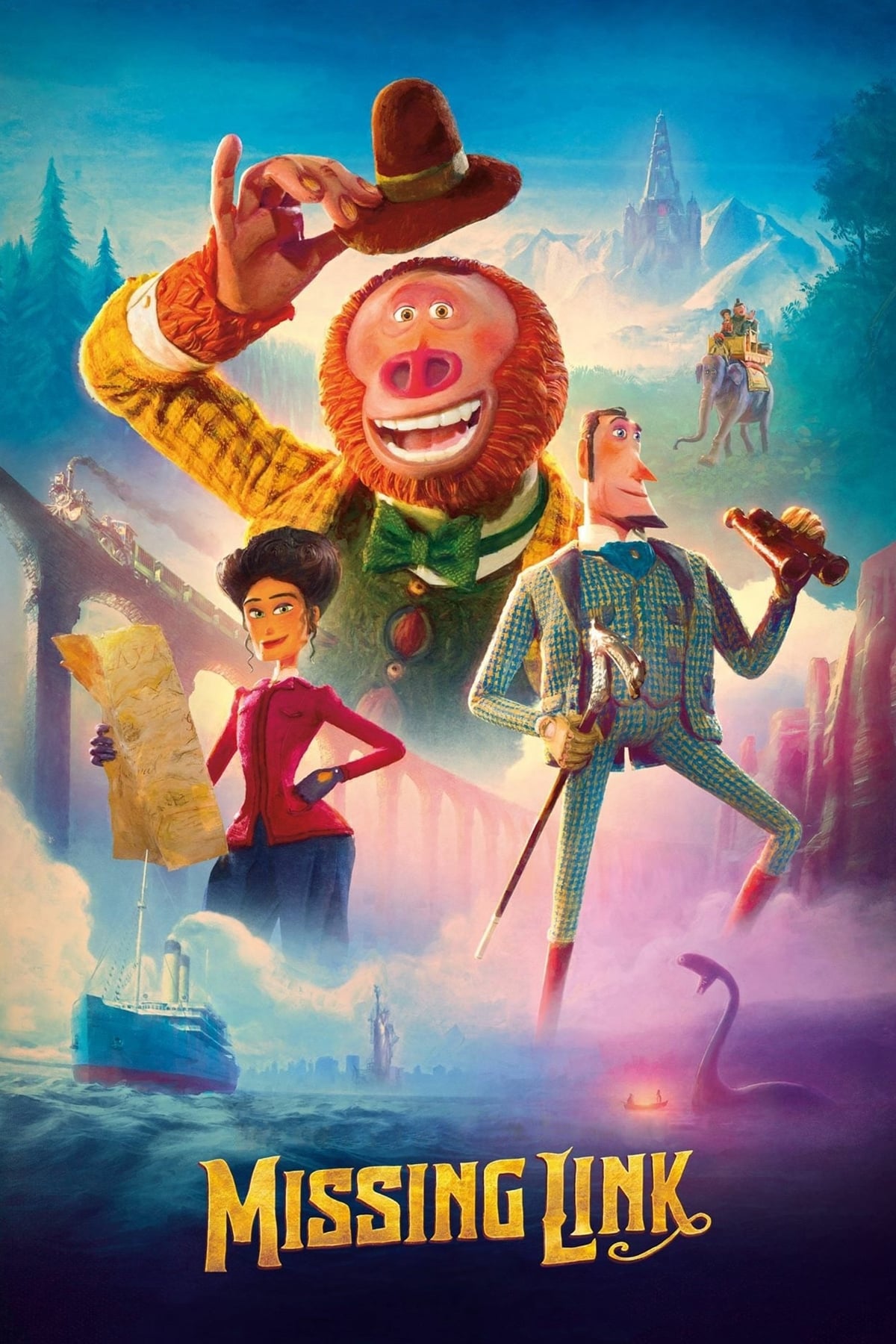
The charismatic Sir Lionel Frost considers himself to be the world's foremost investigator of myths and monsters. Trouble is, none of his small-minded, high-society peers seems to recognize this. Hoping to finally gain acceptance from these fellow adventurers, Sir Lionel travels to the Pacific Northwest to prove the existence of a legendary creature known as the missing link.
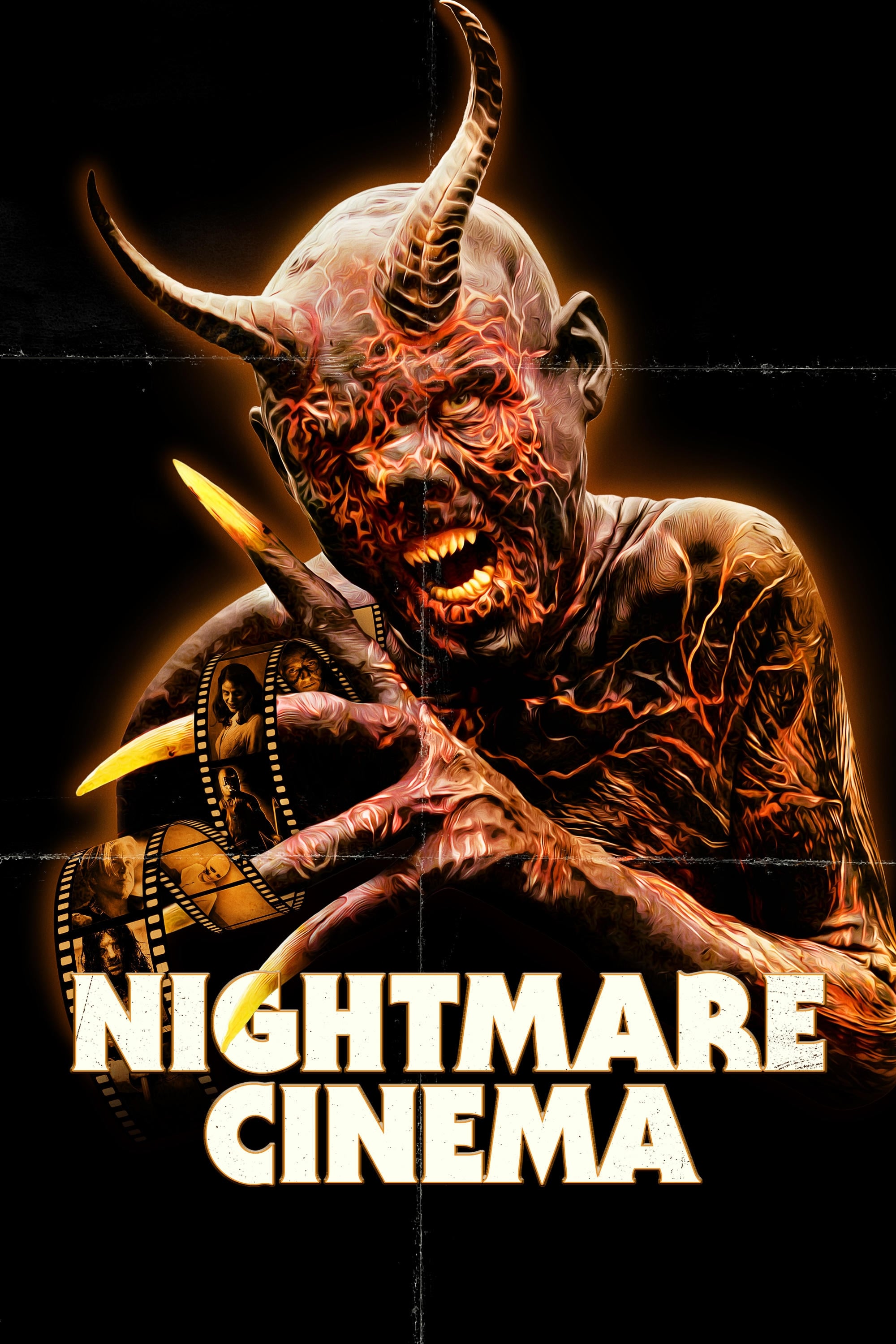
A series of down-on-their-luck individuals enter the decrepit and spine-chilling Rialto theater, only to have their deepest and darkest fears brought to life on the silver screen by The Projectionist – a mysterious, ghostly figure who holds the nightmarish futures of all who attend his screenings.
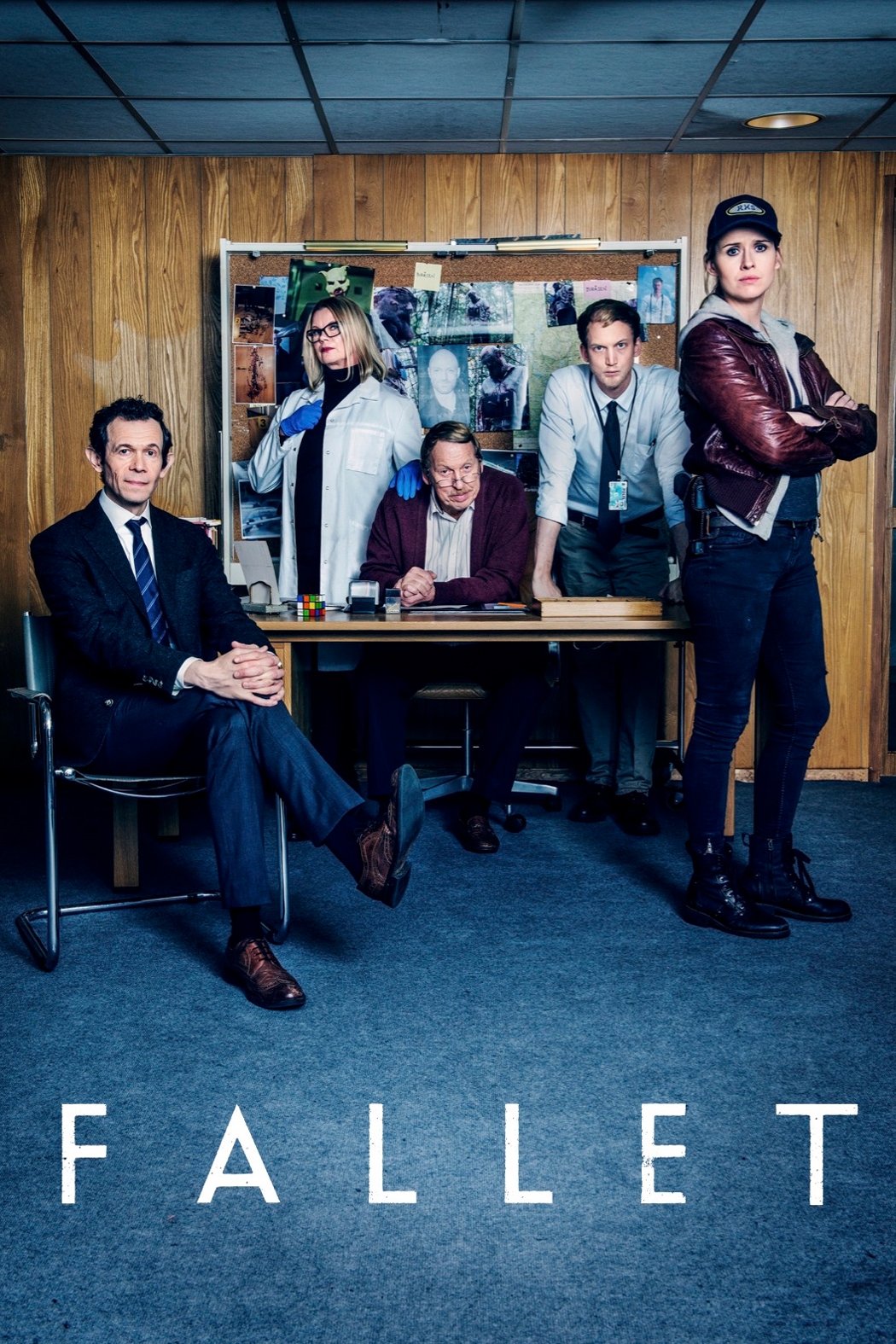
A Swedish detective and her timid British colleague's attempt to solve a gruesome murder case nets mixed results and miscommunication.

An orphan little girl befriends a benevolent giant who takes her to Giant Country, where they attempt to stop the man-eating giants that are invading the human world.
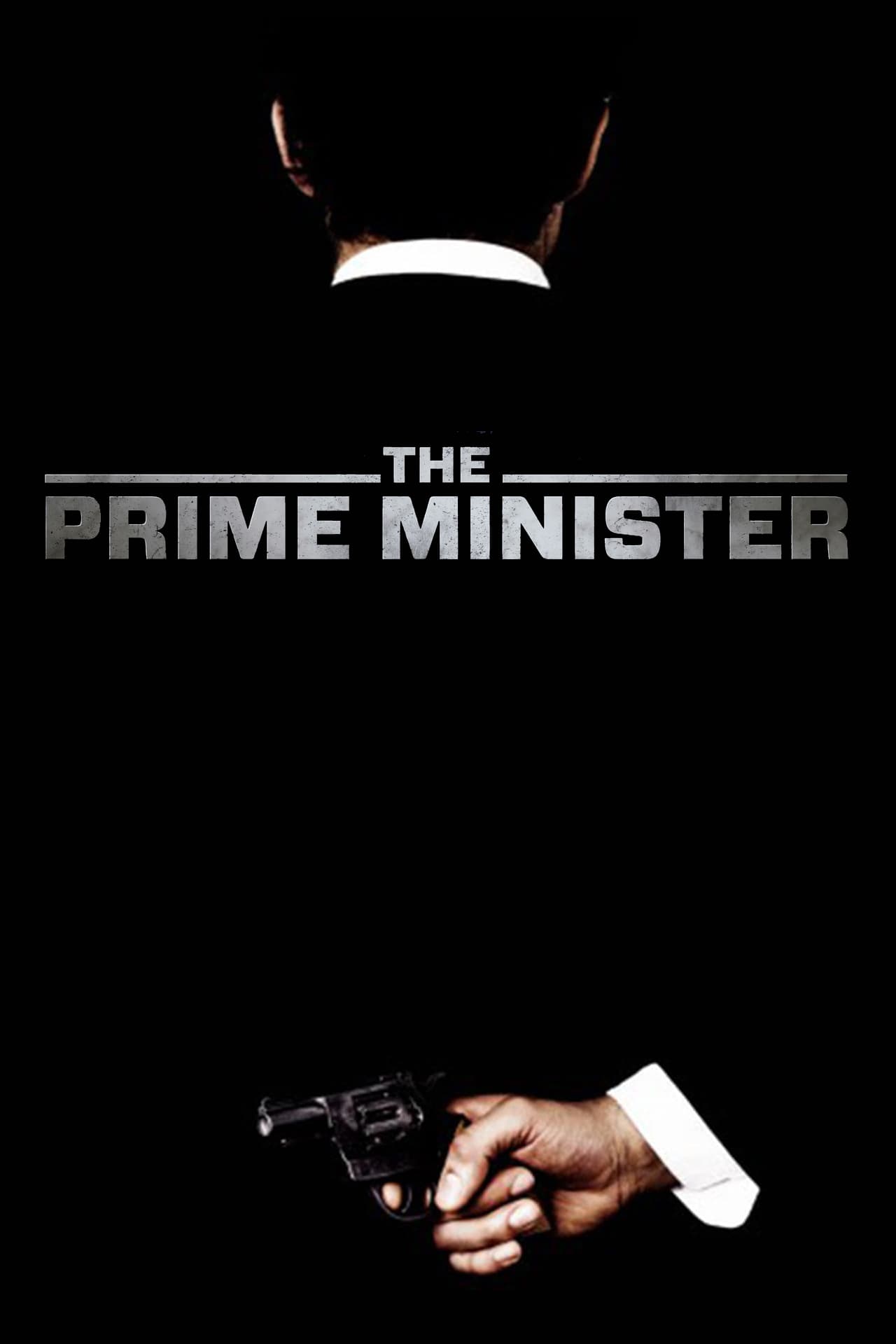
The Belgian PM is abducted and he finds his wife and children taken hostage. If he wants to see them again – alive – he has to kill the person he is meeting later that day. And that person is no less than... the president of the United States.

Two homicide detectives, Christian Walker and Deena Pilgrim, are assigned to investigate cases involving people with superhuman abilities, referred to as “Powers.” Set amidst today’s paparazzi culture, Powers asks the questions, what if the world was full of superheroes who aren't actually heroic at all? What if all that power was just one more excuse for mischief, mayhem, murder, and endorsement deals?
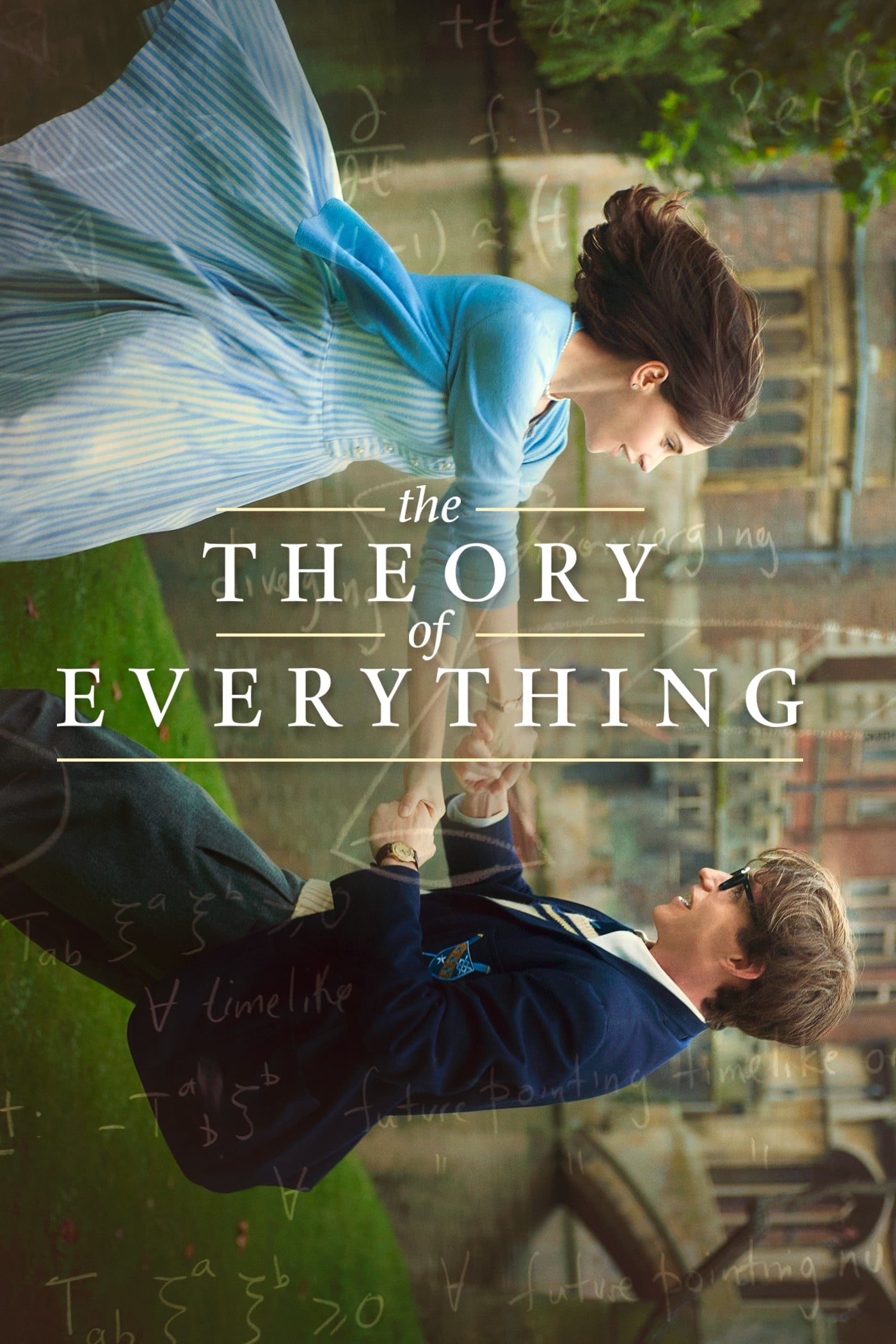
The Theory of Everything is the extraordinary story of one of the world’s greatest living minds, the renowned astrophysicist Stephen Hawking, who falls deeply in love with fellow Cambridge student Jane Wilde.
Adam Godley (born 22 July 1964) is a British actor. He has been nominated for two Tony Awards and four Laurence Olivier Awards for his performances on the New York and London stages which include, Private Lives in 2001, The Pillowman in 2002, Anything Goes in 2011, and The Lehman Trilogy in 2019. He made his Broadway debut in 2002 in a revival of Noël Coward's Private Lives for which he earned a Theatre World Award for Outstanding Broadway debut. In 2011 he returned to Broadway in the musical Anything Goes for which he earned a Tony Award for Best Featured Actor in a Musical nomination. In 2021, The Lehman Trilogy made its Broadway transfer to great critical acclaim, and securing Godley another Tony nomination for Best Actor in a Play. His film roles include Love Actually (2003), Nanny McPhee (2005), Charlie and the Chocolate Factory (2005), Elizabeth The Golden Age (2007) and The Theory Of Everything (2014). He has also had recurring roles as Elliot Schwartz in AMC's Breaking Bad, Nigel Nesbit in USA's Suits (2013), Phinneus Pogo in Netflix's The Umbrella Academy (2019 to present), and Archie the Archbishop in Hulu's The Great (2020–present).
By browsing this website, you accept our cookies policy.